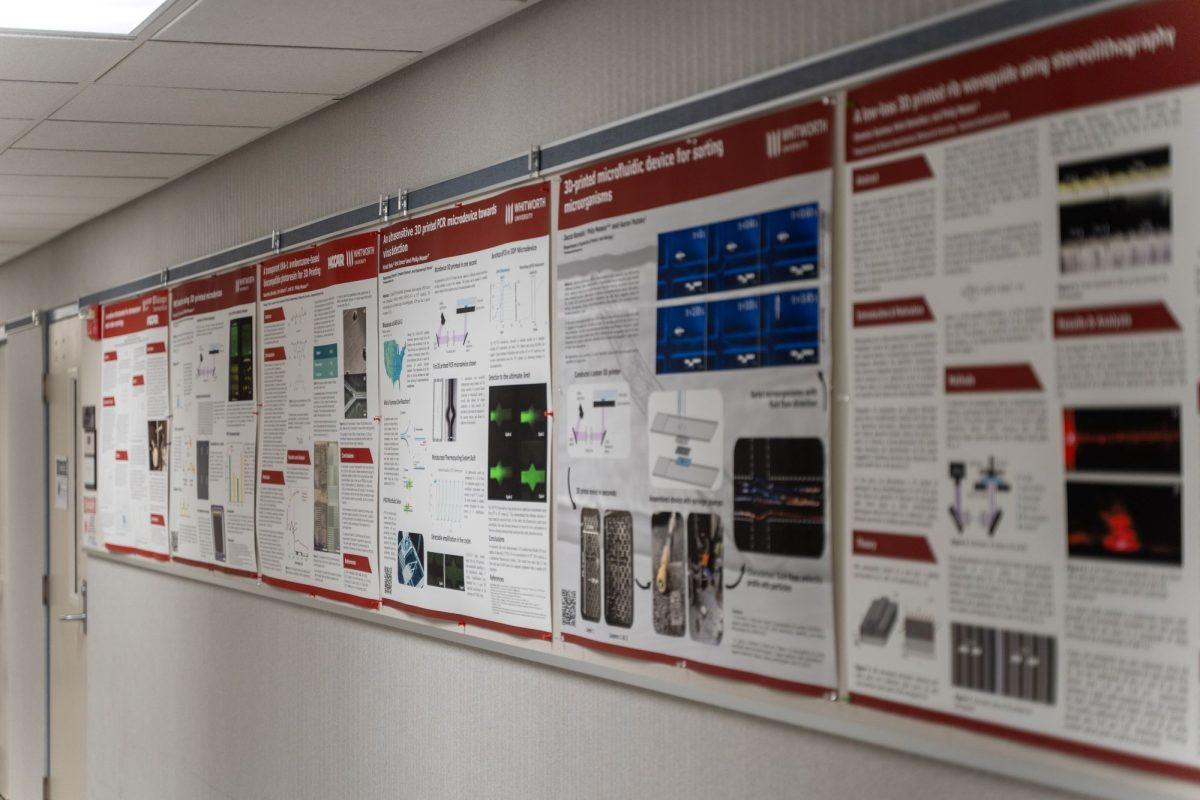Patient Protection and Affordable Care Act likely to stay, affecting students studying health care
After election results on Tuesday, Nov. 6, it is safe to say some form of President Obama’s Patient Protection and Affordable Care Act is here to stay, and citizens as well as physicians across America can expect changes. This health care plan may also affect students pursuing careers in the health care field.
“Regardless of political party, we can all agree that the [health care] system is broken and something needs to be done. The problem is being able to agree what that is,” said Dr. Elizabeth Abbey, registered dietician and lecturer in the health science department.
With PP and ACA, 32 million Americans will be newly insured, requiring more medical staff than ever before, according to the American Association of Medical Colleges.
Many students are interested in the field, and there is predicted to be a huge shortage of physicians in the coming years. There is projected to be a deficit of 45,000 primary care physicians and 46,000 surgeons and specialists by 2020, according to AAMC.
Under this act, doctors may be reimbursed less for Medicaid and Medicare patients, leading to lower acceptance of these patients by doctors, according to Forbes.com.
Senior and pre-med student Megan Wingfield agrees.
“I think that the lack of reimbursement to doctors is going to create problems,” Wingfield said.
Doctors are independent agents who choose their patients. They are likely to choose the people with private insurance because Medicare/Medicaid only reimburses doctors for 21 percent of treatment cost, Wingfield said.
“America needs to go back to a traditional system where the doctor-patient interaction is meaningful; where the doctor is able to take into account the patient’s insurance and economic situation and come up with a care plan that the patient can afford,” Wingfield said.
Other issues include the concern that quality of care may decrease and doctor-patient relationships may suffer, according to jacksonhealthcare.com.
“I’m concerned,” said freshman and pre-med student Alex Hoffmann. “Already patient/doctor relationships are not very good; you spend an hour waiting and get five minutes with the doctor. It’s only going to get worse as the system floods with more patients and less doctors.”
While there are some potential concerns about the system, there is also enthusiasm. Senior pre-med student Jack Dunbar expresses hope.
“I think it will be interesting to watch what happens with Obamacare over the next couple years. It will definitely lead to some sort of change to our system, and I’m confident that it will be a better change,” Dunbar said.
Likewise, freshman and pre-med student Jorge Romero said he will not base his decision whether or not to continue pursuing medicine based off of this act now, rather he will wait to see what happens in a couple years.
Romero is interested in ophthalmology, the study and treatment of eyes, he said. This field would provide good job security due to the number of elderly people who will need treatment in coming years, he said.
There is going to be a 36 percent growth in the number of Americans over age 65 in the near future, fueling the physician shortage, according to AAMC.
To offset this projected shortage, some responsibilities of doctors may be shifted to other positions such as nurse practitioners and physicians’ assistants, Abbey said.
The health science department at Whitworth prepares students to go on to medical school as well as other health professions such as physical therapy, nursing, physicians’ assistants, occupational therapy, the field of nutrition, chiropractic, exercise physiology, osteopathic medicine and public health.
This is the fourth year health science has been a department at Whitworth and it is now the second largest department, housing over 300 students. This speaks to the interest in the field, Abbey said.
Overall, while many students may keep politics in mind when choosing a career, some do not.
Wingfield said she hopes to go into pediatrics, and the Affordable Care Act did not affect her decision to become a doctor positively or negatively, she said.
“Regardless of what happens, God has a plan. You can’t base what you want to do around the state of the nation,” Wingfield said.
Similarly, Dunbar said he was drawn into medicine by the prospect of building relationships, not for the money.
The health care field is rewarding, but demanding, Abbey said. “Don’t go into it unless you’re passionate about it.”
Contact Kendra Stubbs at [email protected].





